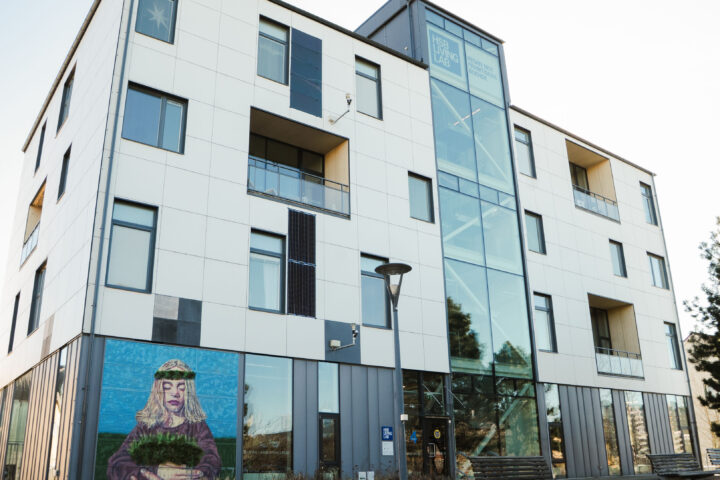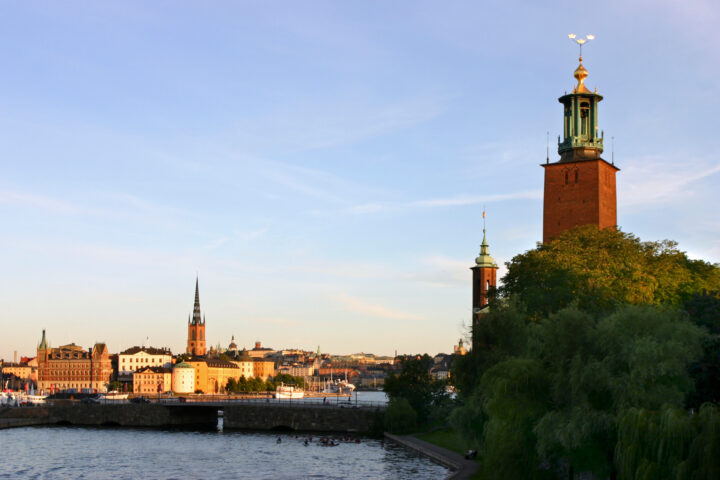Sweden’s greenhouse gas emissions are among the lowest in the EU. Since 1990, emissions have been declining in our housing and service sectors as the result of a shift from oil to district heating, heat pumps and biofuels for heating.
Climate change caused by the emission of greenhouse gases is one of the foremost environment problems in the world today. Sweden has worked intensively with a strict environment policy over many years based on its 16 environmental quality objectives, opens in new window including reduced climate impact, clean air, good-quality groundwater, and sustainable forest management.
Sustainable use of our natural resources
Sweden has a long tradition of working with sustainable forestry and agriculture management. The forestry industry’s challenge has been to keep the balance between preserving and growing a diverse forest while being the world’s third largest exporter of sawn timber products, and the fourth largest exporter of paper and pulp.
The huge quantities of bark, sawdust, branches, limbs and residuals resulting from the industry have been a vital resource for biofuels, and made the shift from oil heating possible.
The forestry and agriculture sectors have had a huge impact on Sweden’s cleantech sectors since they are the main source of raw materials for some forms of renewable energy, biofuels, district heating, green chemistry using biobased materials, and green buildings using wood-based products.
Knowledge transfer to developing countries
Sweden plays an active role in international development cooperation, sharing our long and extensive experience in sustainable forestry and agriculture. Swedish companies are supporting sustainable forest management in developing countries through the Swedish International Cooperation Agency, opens in new window (Sida).
Looking for companies in this sector?
Find Swedish companies in the fields of agriculture, forestry, air quality and soil quality here.



